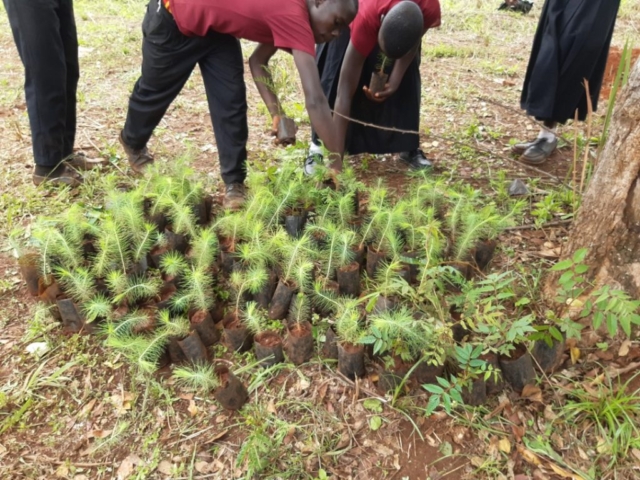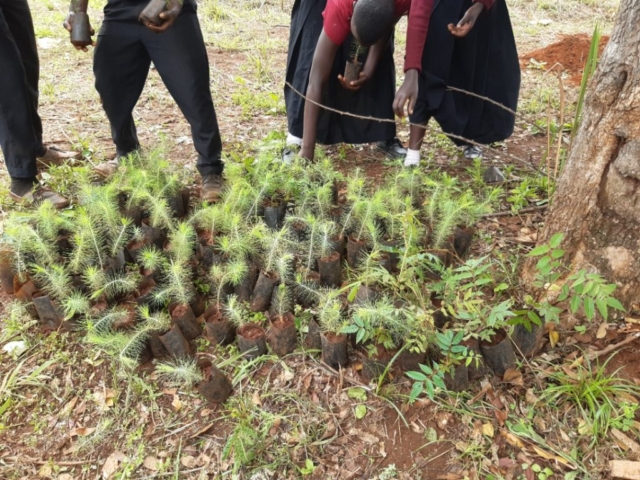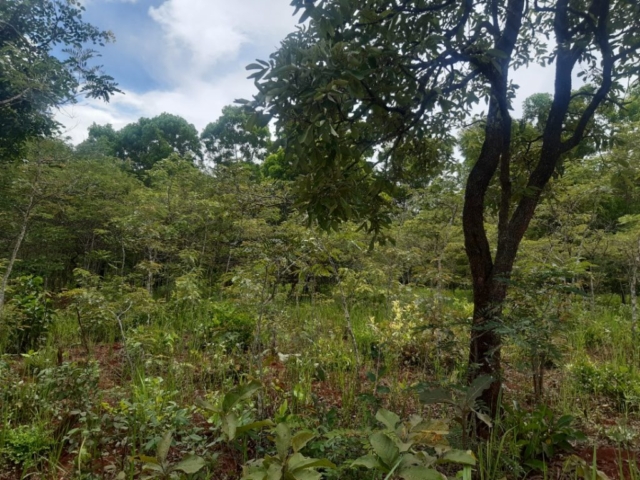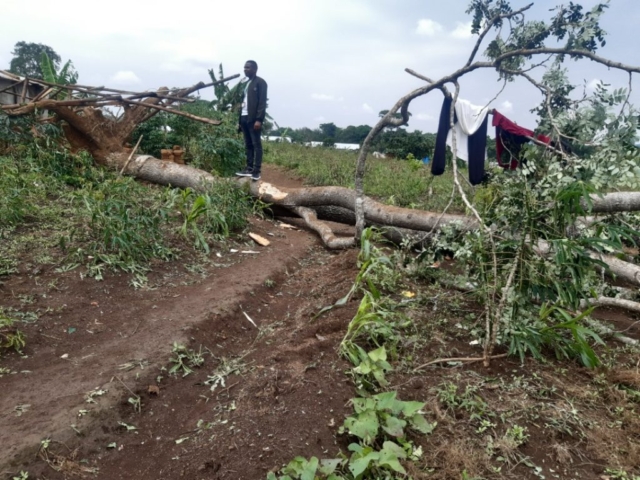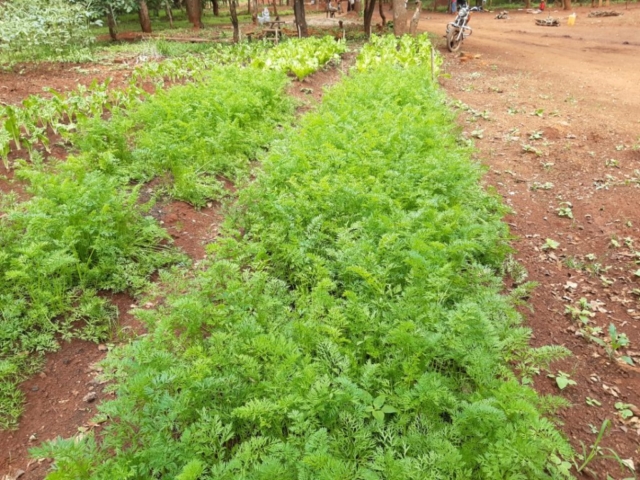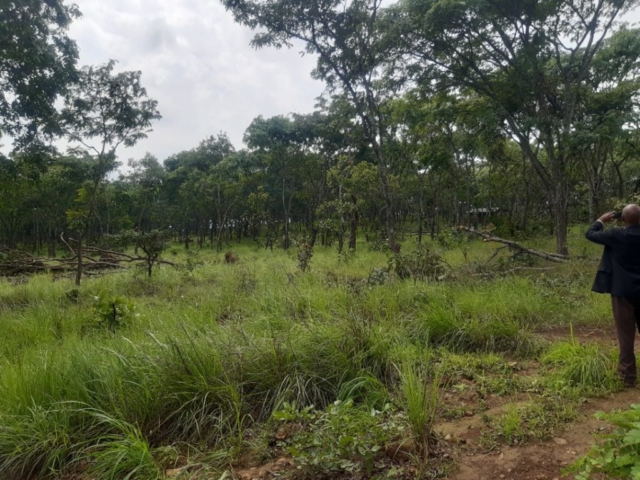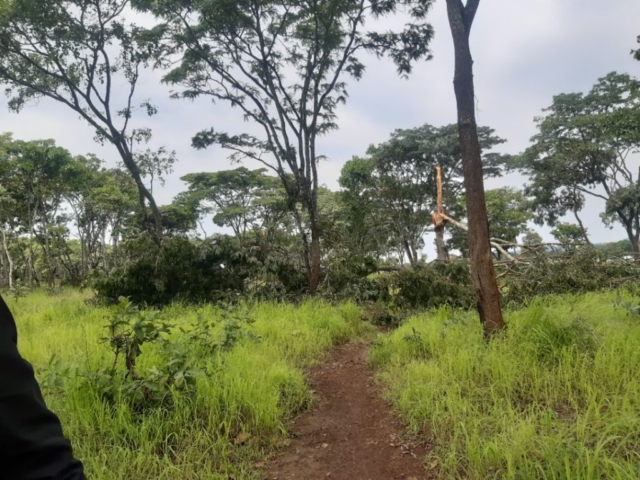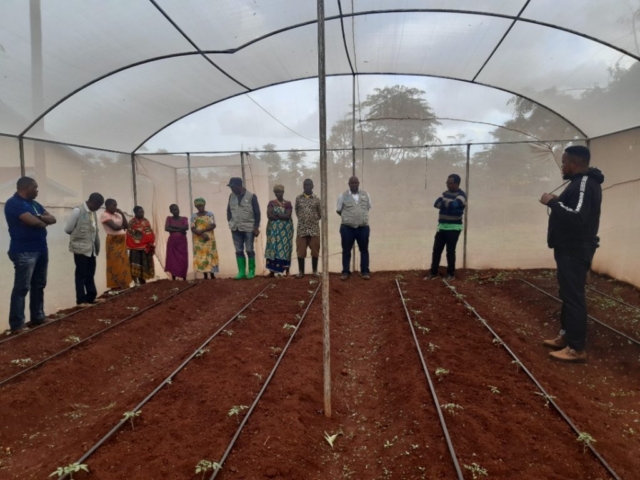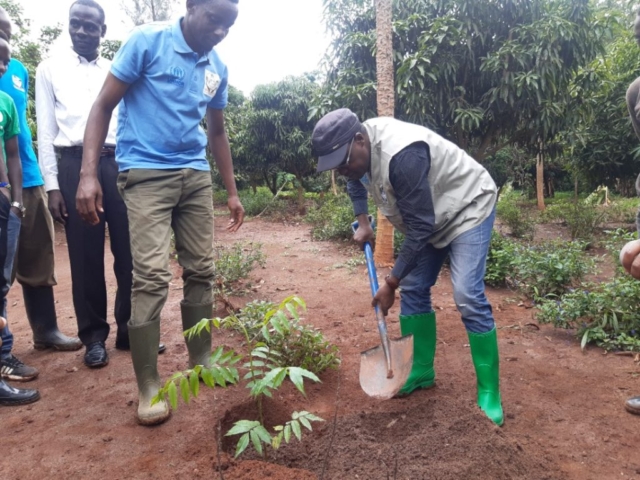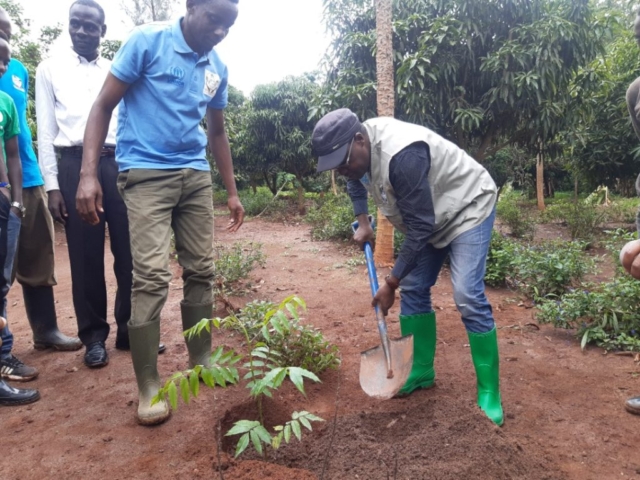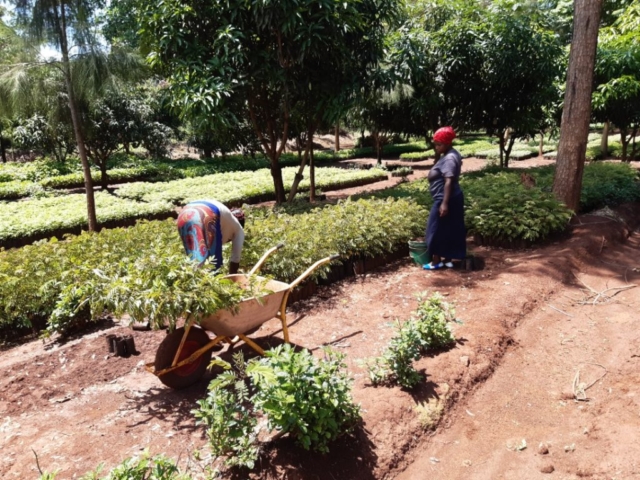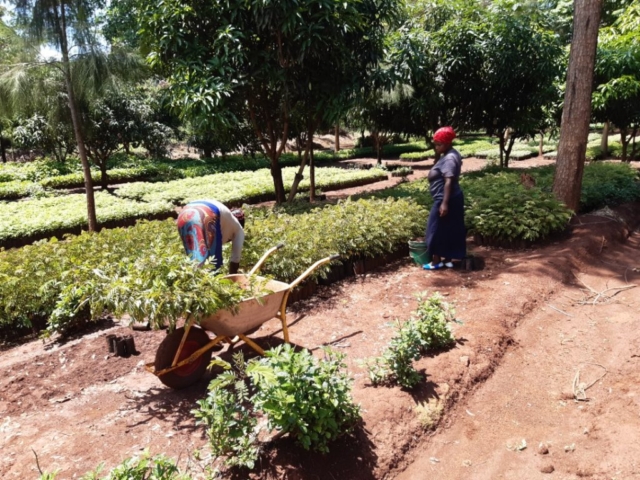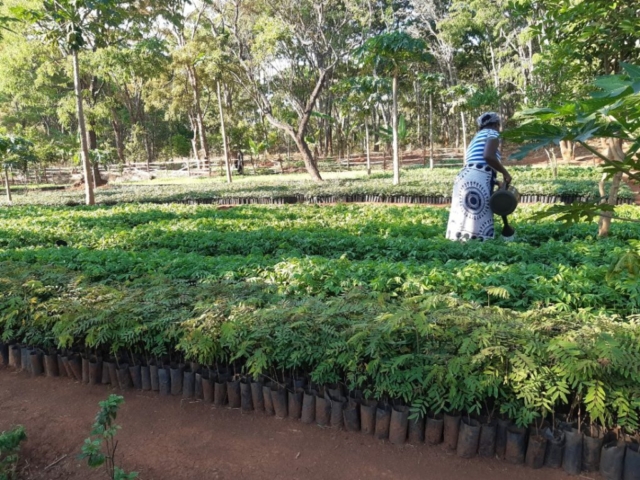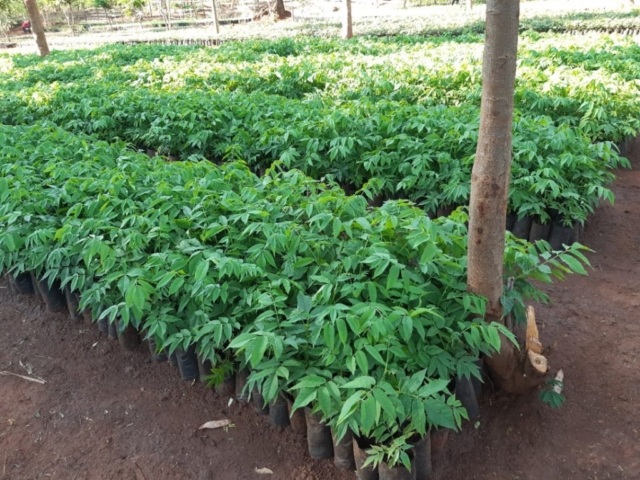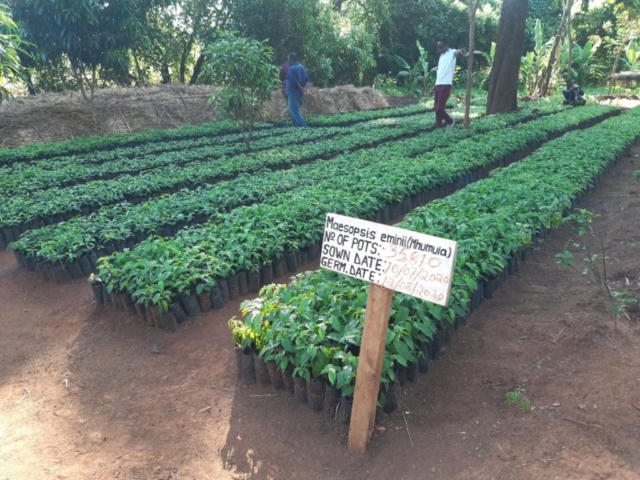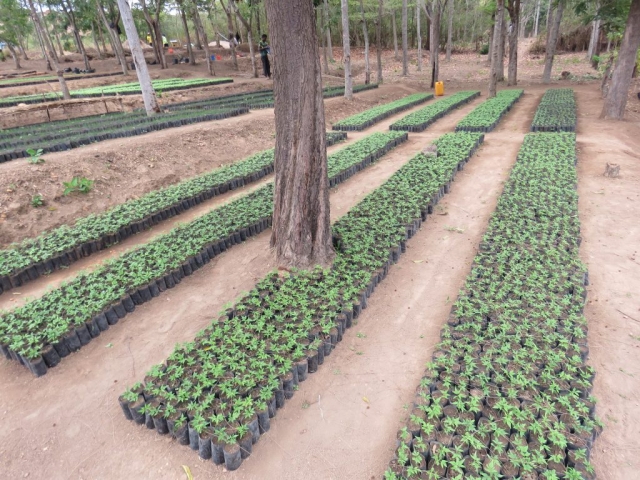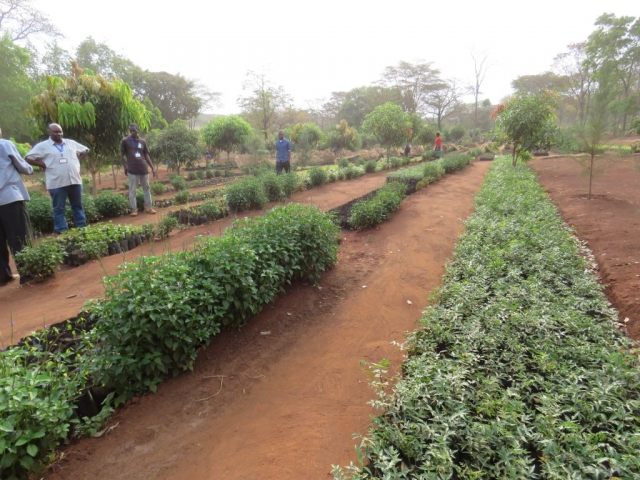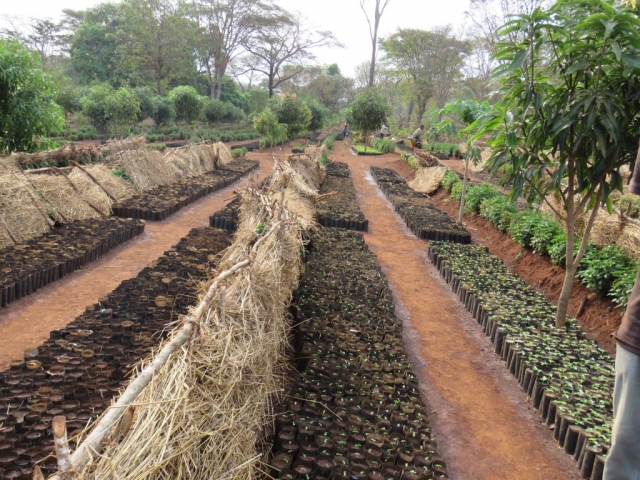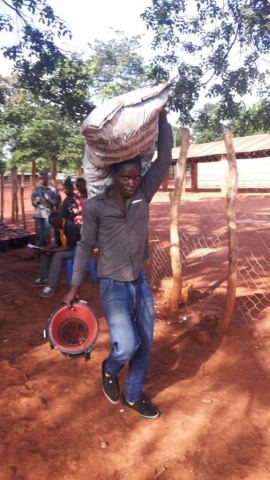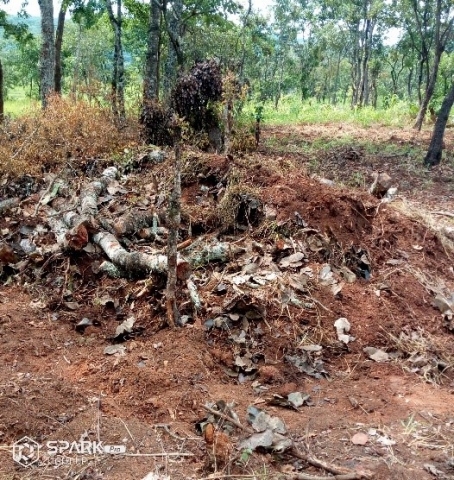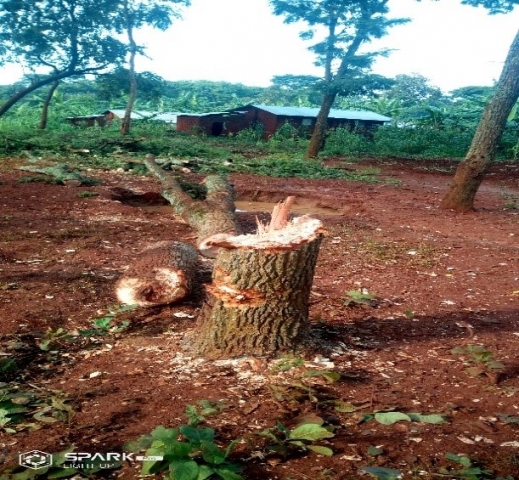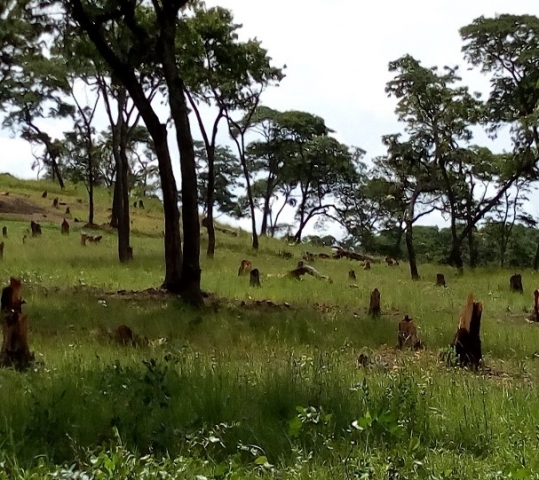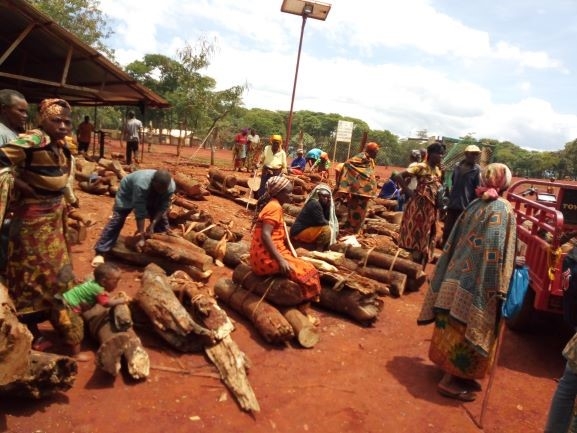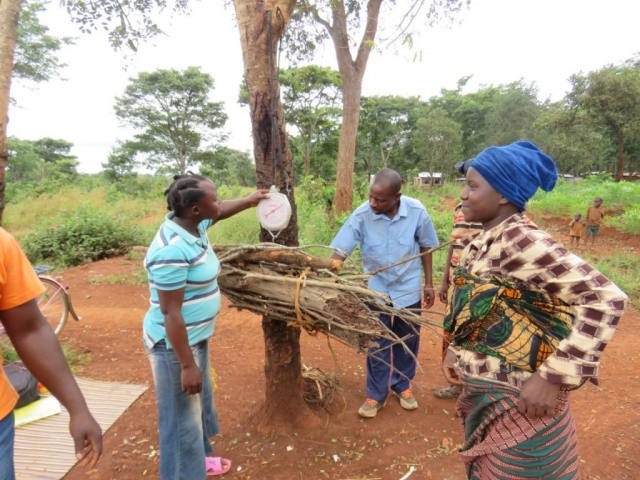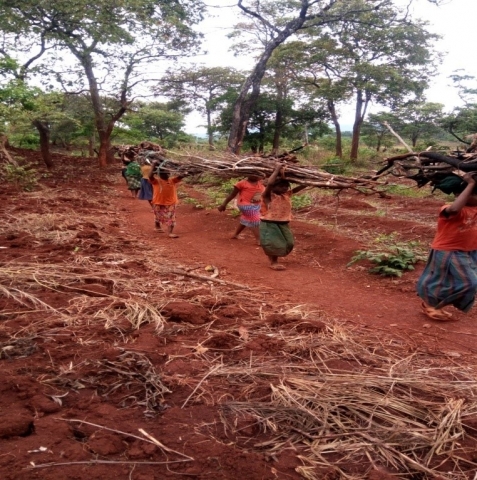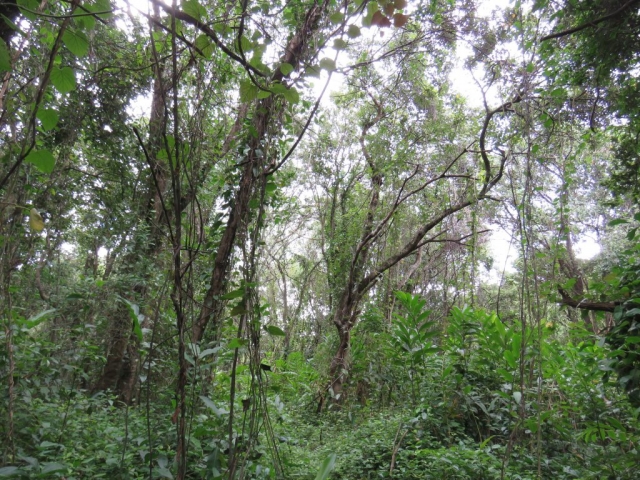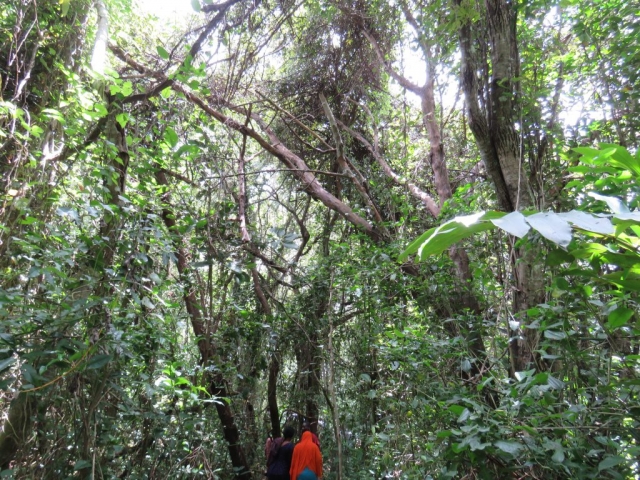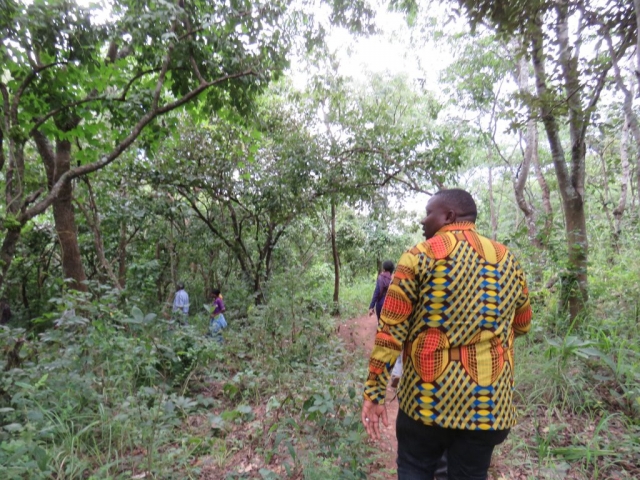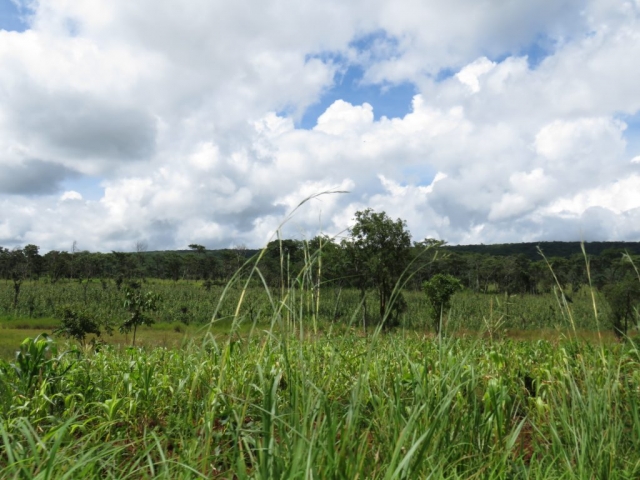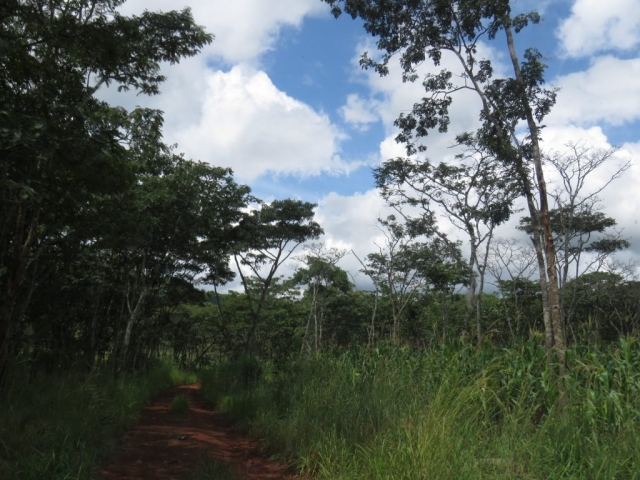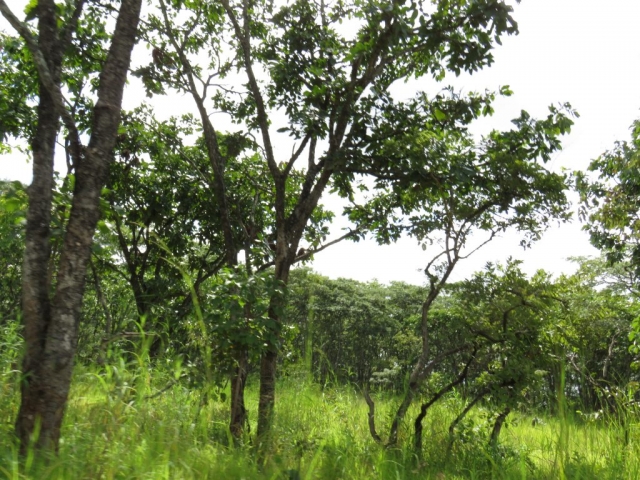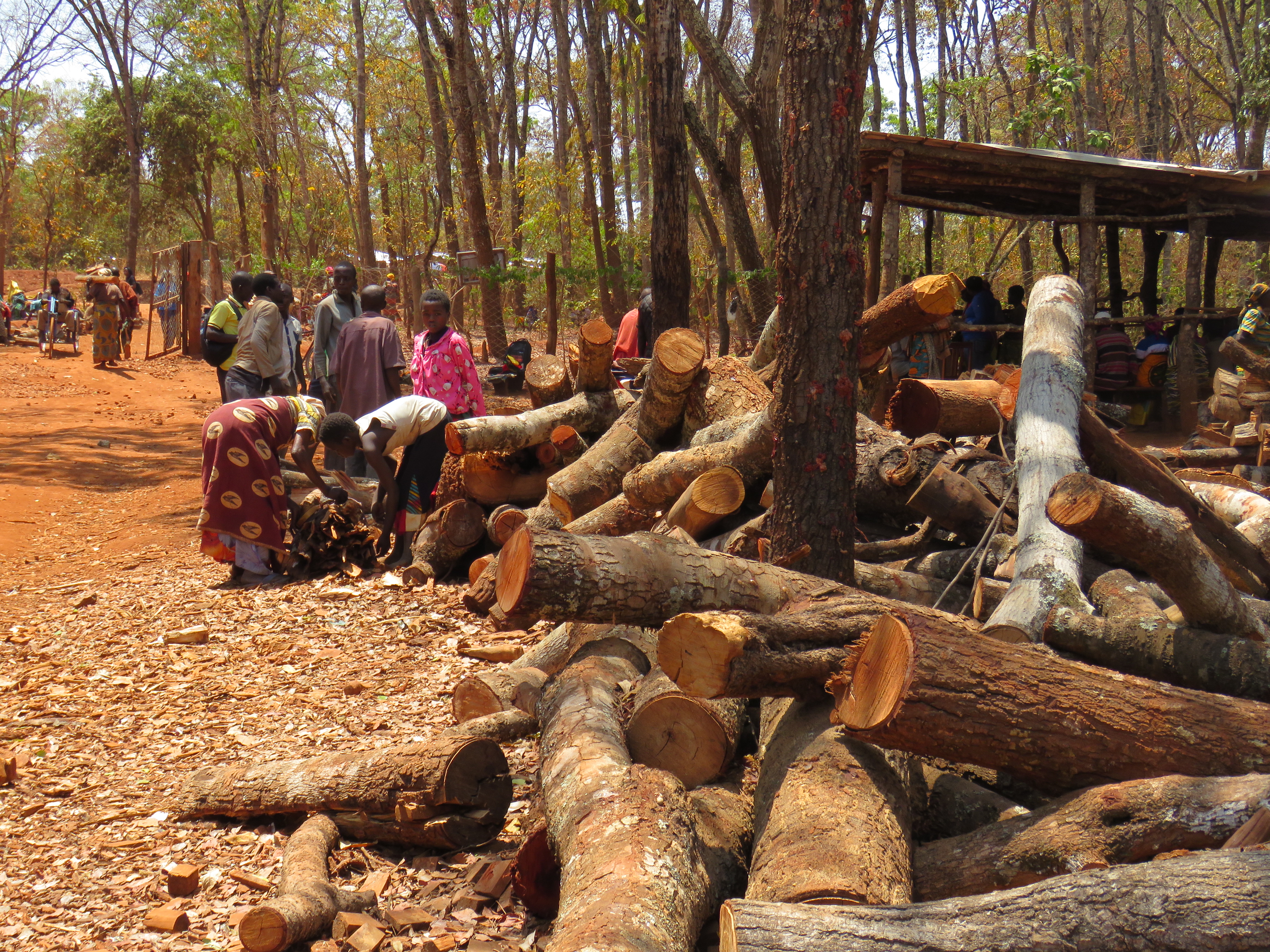
Deforesation Out break in Kibondo
Heavily sole dependence on firewood as source of cooking fuel have imparted severe deforestation in camps and bordering proximity host communities of Kakonko and Kibondo. However, through various REDESO interventions with financial support from UNHCR and Oxfam have facilitated some solutions including tree planting, natural forest protection through community based approach as well as facilitation of community based forest management.
Hosting refugees goes together with ensuring that natural forests are protected for the ecological sustainability of Fauna and Flora. REDESO in partnership with UNHCR is undertaking this important activity in refugee camps and neighboring host communities in Northern West Tanzania through various interventions rendered to these communities.
In order to protect the biodiversity in these forests within and outside the refugee camps, REDESO provides environment education to the refugees and host community members through dedicated and passionate staff who work on daily basis to ensure that the community members are well informed on the advantages of protecting the natural forest for biodiversity sustainability.
REDESO through her committed staff, conducts regular patrols in and around the camp to ensure that enemies to the environment who engages in environment destruction activities like tree cutting and charcoal making are stopped in collaboration with camp management and Camp commandant (MHA). To ensure the realization of the impact on forest protection, REDESO involves other stakeholders in monthly joint patrols. The involved stakeholders are District Land and Natural Resources Officer (DLNRO), Tanzania Forest Service (TFS) Officers, Moyowosi-Kigosi Game Reserve staff, United High Commission for Refugee (UNHCR) Officers, Host community village leaders and Refugee community leaders.
Since 2016, REDESO in partnership with UNHCR has facilitated the establishment of community-based forest management plans for eight villages (Village Natural Forest Reserves), four for each District of Kibondo and Kakonko Districts. This is to ensure that community is inspired with the sense of ownership and protection of remaining natural forests in the villages. Also, it boosts economic status of the villages as they develop good plans on how to trade the forest produces from the well managed natural forest hence improvement of wellbeing of the community and social services in the particular villages.
Project Gallery


